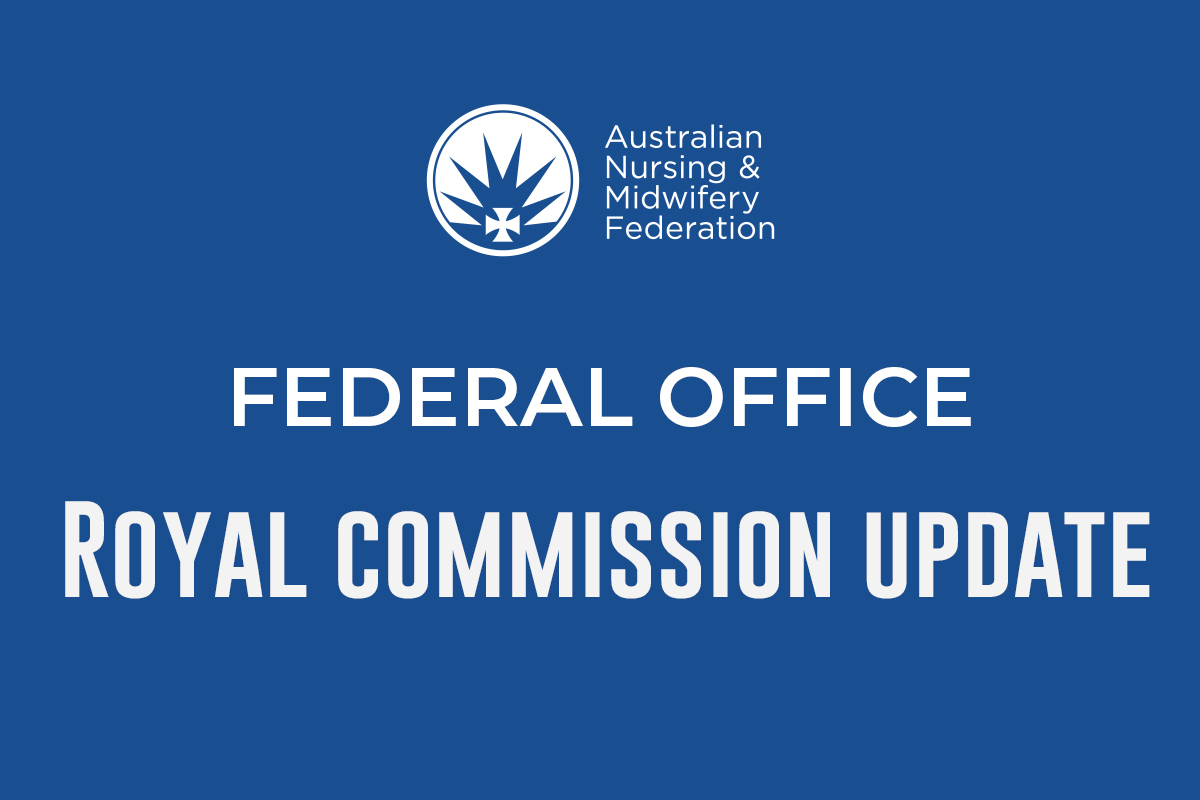
Prime Minister John Howard and Aged Care Minister Bronwyn Bishop during Question Time in the House of Representatives chamber at Parliament House Canberra, June 2001. (AAP Image/Alan Porritt)
Newly released 2000 Howard government cabinet papers have revealed how the federal aged care minister Bronwyn Bishop successfully argued against a return to nursing home ratios.
Twenty years later, aged care residents, nurses and personal care workers live and work with the consequences of the Howard government’s decision to allow nursing home owners to determine undefined and unenforceable ‘adequate’ staffing levels themselves.
The impact of understaffing of nurses on the care of aged care residents is now the subject of a Morrison Government royal commission. The Royal Commission into Aged Care Quality and Safety is due to hand down its final recommendations on 26 February 2021.
Ms Bishop’s opposition to ratios was part of her cabinet submission reviewing the relatively new Aged Care Act 1997 in the aftermath of the ‘kerosene baths’ scandal. Diluted kerosene baths had been used at Melbourne’s Riverside Nursing Home to treat residents with scabies and ultimately led to the closure of the home.
The Howard cabinet supported Ms Bishop’s recommendations to amend the Act to allow notice to be given to residents and relatives in the event of an aged care service losing its ‘provider status’ and the removal of key personnel, including company directors, if convicted of a jailable offence, were of ‘unsound mind’ or became bankrupt.
In a discussion about nursing and quality of care, Ms Bishop acknowledged the Australian Nursing Federation’s (now the Australian Nursing and Midwifery Federation) concern about a 1998 change to the legislation which ‘removed strict nursing ratios in relation to high care residents’.
She argued there were ‘good reasons not to return to nursing ratios.’ This was despite more than 4000 care and financial complaints in the first three years of the new aged care complaints scheme.
Instead Ms Bishop argued the re-introduction of ratios would ‘return the industry to detailed input regulation and reduce its efficiency’ and was not in sync with the government’s new ‘outcomes’ policy.
Nor did ratios necessarily deliver appropriate care outcomes for residents with dementia because they did ‘not generally have a need for nursing care’, Ms Bishop argued.
Instead she noted that the Aged Care Act 1997 required providers to ‘maintain an adequate number of appropriately skilled staff to ensure that residents receive satisfactory care’ and that the law’s quality care principles listed complex nursing procedures that had to be undertaken by a registered nurse.
Mandated minimum nursing levels were also unnecessary because the department had ‘mechanisms’ to respond to the ‘results of inadequate staffing resulting in a threat to health, safety and well-being of residents’.
The nurses who conducted compliance checks had to report to senior managers in state and territory offices any ‘instances of non-compliance with the Quality of Care principles’ were an additional safety net.
Ms Bishop also argued aged care providers took ‘a strong stance that ratios would not deliver better care’.
Ms Bishop also expressed concerns ratios would lead to calls to match Commonwealth funding to pay increases in the nursing award. Enterprise bargaining was introduced in the early 1990s and was still relatively new.
Responsibility for funding aged care nurses wage increases was also raised as a concern in a Cabinet document, ‘attachment D’, explaining the progress of the Howard government’s aged care reforms.
The report’s authors singled out the ANF’s strong support for the ‘previous system of separately identified care funding’. They disagreed with the ANF’s position that quarantined funding meant providers had a ‘greater responsibility’ for resident care.
They also accused ANF of having a ‘vested interest’ claiming separate care funding would strengthen the union’s argument that ‘funding should be indexed in line with the increases in the rate of nurses’ pay, rather than with the safety net adjustment.’
The report says having quarantined ‘care’ funding meant homes had to ‘simply spend the required amount of money’ on care but was not an ‘incentive to operate effectively to best meet their resident’s care needs’.

Aged care nurses outside the Department of Health & Aged Care in 2001 rallying for safe staffing. Photo: Mark Munro.
Acting Secretary Paul Gilbert said ‘The deep, long-standing political opposition to safe nursing numbers to care for residents on every shift shows an astounding lack of understanding and respect for what nurses do.
‘The interests of private nursing home owners and the bean counters have always come first and that is reflected in our broken system.
‘Mechanisms to ensure safe, quality resident care don’t exist,’ Mr Gilbert said, ‘There is no incentive for owners to staff properly and little, if any, owner consequences if they don’t staff properly.’
‘Aged care nurses and personal care workers have high expectations that the aged care royal commission will end decades of sanctioned understaffing.’

Protest signs at the 2001 aged care rally.
National Archives of Australia released the cabinet papers on 1 January 2021. The document ‘Cabinet Submission JH00/0210 First Amended – Residential aged care – Government response – Decision JH00/0210/CAB’ is available on the NAA website




